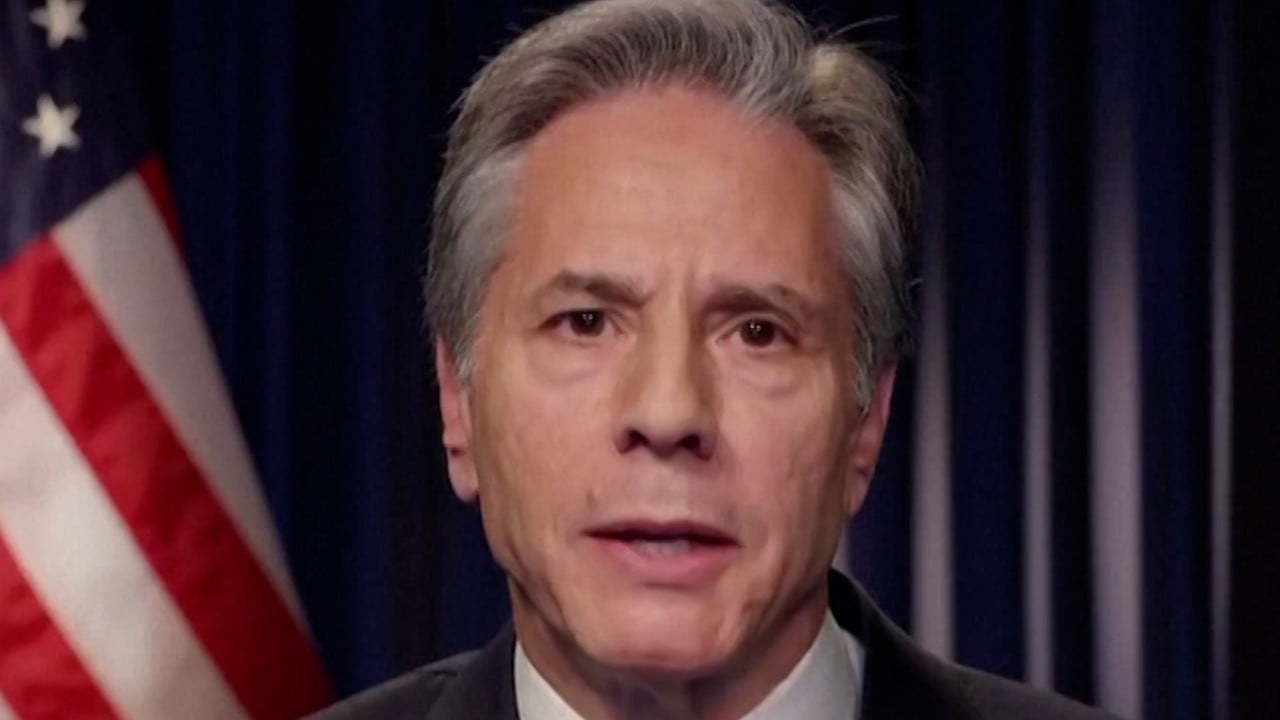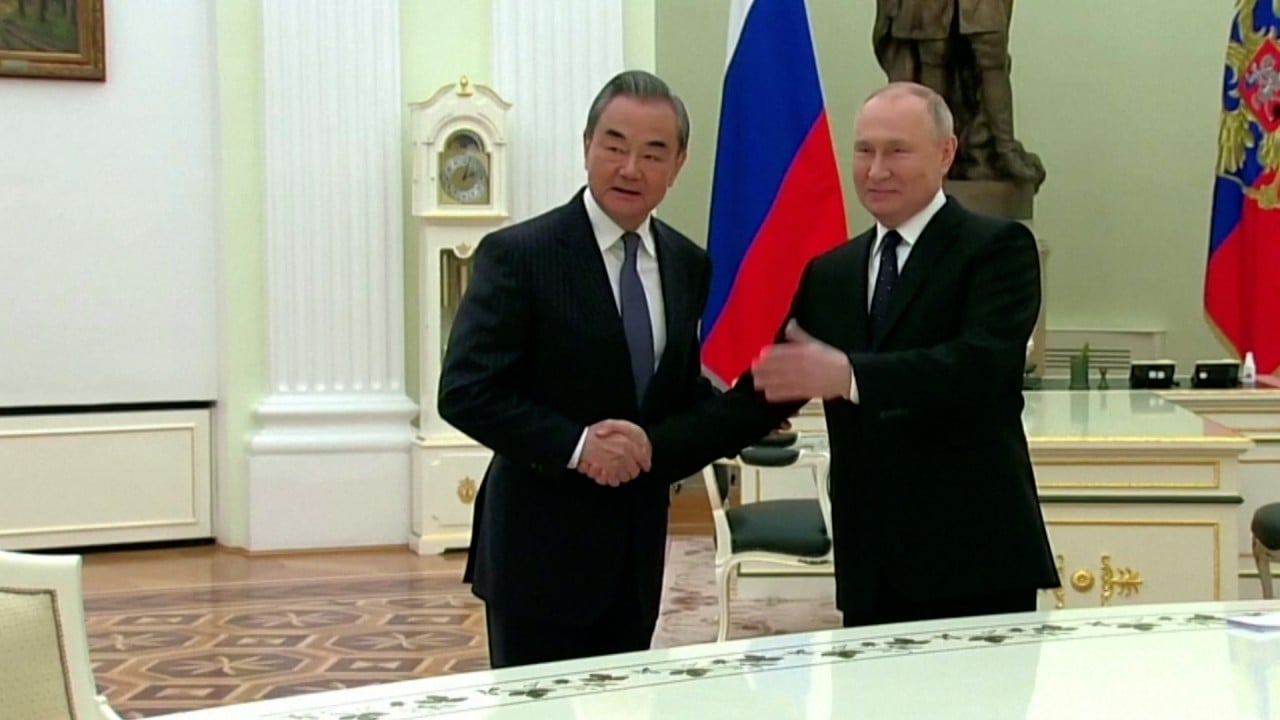
Ukraine, 1 year on: Chinese want war to end soon as Russia remains ‘ally and partner’ in divided world, poll finds
- People in China, India, Turkey want hostilities to end even if it means ceding areas, European Council on Foreign Relations and Oxford poll finds
- Majority US, EU and British view of Russia as an ‘adversary’ seen to indicate ‘wide gap’ in opinion between the West and rest of the world
But those in the US and western Europe want to help the former Soviet state beat Russia, according to a European Council on Foreign Relations (ECFR) report on the poll, the results of which point to the public opinion gap between the West and the rest of the world ahead of the first anniversary of the Russian invasion.
“A year since Russia’s war on Ukraine began, the US and its European allies have regained their unity and sense of purpose,” the ECFR said in its report published on Wednesday.
“But the study also reveals a wide gap between the West and the ‘rest’ when it comes to their desired outcomes for the war and differing understandings of why the US and Europe support Ukraine.”
Poll results included with the report helped to highlight the global divide over the war.
In response to “Do you prefer to stop the war or win the war?” 42 per cent of respondents in China said the conflict needed to stop as soon as possible, even if it meant Ukraine ceding control of some areas to Russia.
Most respondents from India, Turkey and Russia were also of a similar view – with 54, 48 and 44 per cent, respectively, backing a swift end to hostilities.
In Russia-Ukraine war, more disastrous phase could lie ahead
In contrast, more people in the European Union, Britain and the United States said Ukraine needed to “regain all its territory”, even if it meant “a longer war or more Ukrainians being killed and displaced”.
On the question of “Which best reflects your view on what Russia is to your country?”, a total of 79 per cent of Chinese respondents chose the options “an ally – that shares our interests and values” or “a necessary partner – with which we must strategically cooperate”.
India and Turkey returned similar results, though more Indians labelled Russia as an ally.
However, more than 70 per cent of respondents from the US, EU and Britain shared a united view on Russia as an “adversary” or “rival”.

On why Europe and the US have stood behind Ukraine, more than 40 per cent of Chinese respondents said the aim was “to defend Western dominance”, as did a similar number of Russians.
The results of the poll, carried out over December and January, were published as the world prepared to mark one year since Russia invaded Ukraine last February 24.
Top Western leaders including German Chancellor Olaf Scholz and French President Emmanuel Macron attended the event, as did US Vice-President Kamala Harris, who said Russia had committed “crimes against humanity” in Ukraine.
US President Joe Biden paid a surprise visit to Kyiv in a gesture of solidarity on Monday, a day before top Chinese diplomat Wang Yi’s scheduled trip to Russia.
Biden also pledged a new military package worth US$500 million as Russian forces made a new push to control Ukraine’s eastern Donbas region.
Putin told Wang that Russia-China cooperation was important to stabilise the international situation, according to the Kremlin.
The United Nations has deplored the human cost of the Ukraine war, which has killed more than 8,000 civilians and injured close to 13,300, according to UN human rights high commissioner Volker Türk. It has also displaced some 14 million people and left nearly 18 million in dire need of humanitarian assistance, Türk said.
The recent opinion poll on the war, a collaborative effort between the ECFR and the “Europe in a changing world” project at the University of Oxford, covered 19,765 respondents across nine EU countries, Great Britain, the United States, China, India, Turkey and Russia.
China won’t arm Russia in Ukraine but don’t rule out third parties: analysts
In China, the poll was conducted through online surveys by Gallup International Association in partnership with local organisations, covering respondents from Shanghai, Beijing, Guangzhou and Shenzhen.
The report pointed out that the data was largely urban-centric for China, Russia and India, and “should be considered as representative only for the population covered by the poll”.
It closed with the disclaimer that, “considering the poll scope and questionnaire, the results from Russia and China need to be interpreted with caution, bearing in mind the possibility that some respondents might have felt constrained in expressing their opinions freely”.




